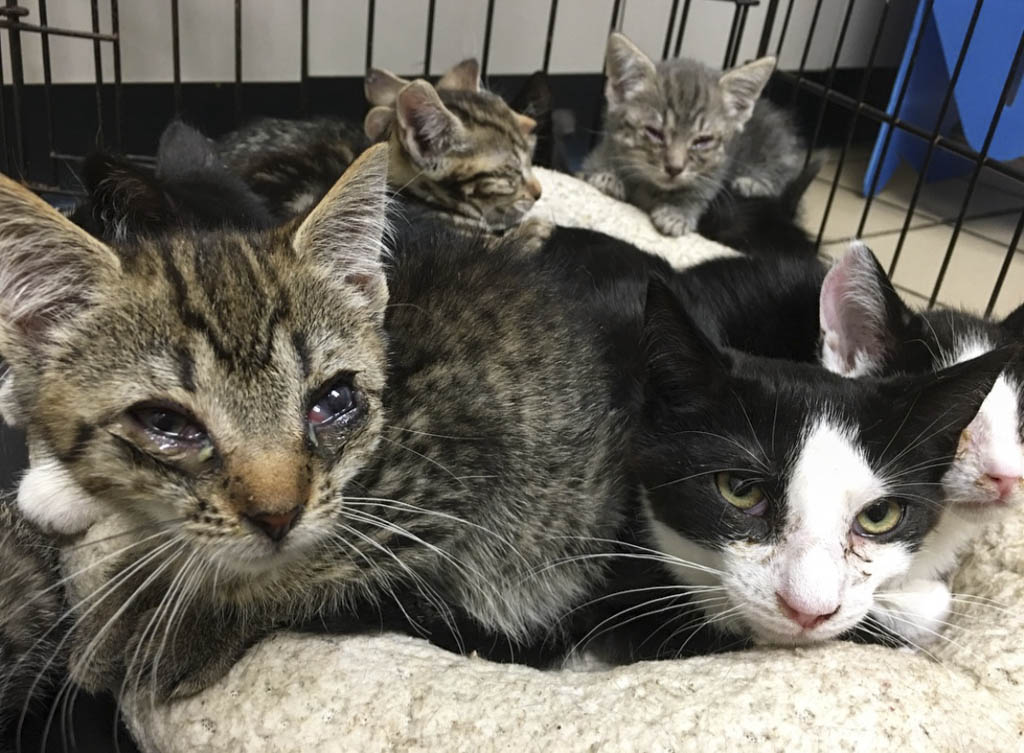OLD BRIDGE — After almost a year, the movement on a trap, neuter and return program for Old Bridge is moving slowly, but surely.
The TNR program is the method of humanely trapping feral cats, having them spayed or neutered, vaccinating for rabies and returning them to their colony to live out their lives.
Councilman Anita Greenberg-Belli told the public at the Feb. 5 council meeting the TNR program committee has held several meetings since the ordinance was approved in March 2017.
“There are some things in the ordinance that [the attorney] and I recognize need to be adjusted to really make the TNR successful,” she said. “We have advertised [for the TNR program] and we have one group that has signed up for it. Once we get some of the adjustments done [to the ordinance], there will be a class [for volunteers] by the end of February and it will be at the library.”
Mayor Owen Henry said outside agencies will run the TNR program with township regulation.
“We need these organizations to step forward with their volunteers,” he said.
Henry also reported that organizations can fill out applications for the program.
“[The organizations] are responsible for putting the TNR program in place and getting it up and running as long as they are abiding by the rules the council set forth [in the ordinance],” Henry said.
The program also involves a colony caretaker who provides food, adequate shelter and monitors the cats’ health. Greenberg-Belli said one group thus far has reduced a population of 80 feral cats to a population of 19 cats in the area.
“[The group] had found homes for a lot of the kittens and socialized cats,” she said, adding she hopes through the group’s good work, the township will attract additional organizations for the program.
The councilwoman had said a TNR program is the only program that humanely addresses the problem. Animal advocates have said an unspayed female kitten can start reproducing at six months old and can have three litters of four to six kittens each year.
Other components of the ordinance state that a colony must be 8,000 feet away from the property line of a school. If there is a preexisting colony with a prior nuisance complaint, the caregiver assigned to that area has to notice all property owners within 500 feet before they can go on that property to perform their duties. The ordinance includes a penalty of $100 per violation each day the violation exists.
Contact Kathy Chang at [email protected].

